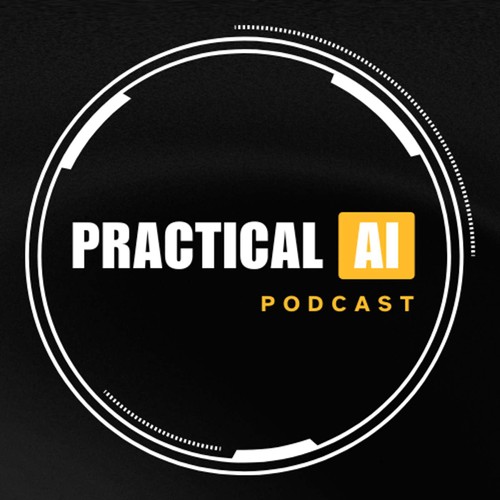
 Practical AI
Practical AI Leading the charge on AI in National Security
37 snips
Feb 20, 2024 Jack Shanahan, a retired USAF Lieutenant General and former leader of Project Maven and the DoD Joint AI Center, shares his unique insights on AI's role in national security. He discusses the transition from traditional military operations to innovative AI applications, emphasizing the cultural shifts needed for successful integration. Shanahan highlights the importance of balancing autonomy with human-machine collaboration and outlines the challenges of adapting to new warfare strategies amidst evolving technologies. His recent written testimony to the U.S. Senate adds a critical perspective on AI's future in defense.
AI Snips
Chapters
Transcript
Episode notes
Shanahan's Path to AI
- Jack Shanahan's career began in fighter aviation, not AI.
- His focus shifted to AI due to the overwhelming amount of drone footage intelligence analysts had to review.
DoD's Turn to Commercial AI
- The DoD, facing challenges with scaling AI projects, turned to commercial industry, specifically Silicon Valley, for solutions like computer vision.
- This led to the creation of Project Maven in 2007 and later the Joint AI Center (JAIC) to scale AI adoption across the DoD.
Scaling AI in National Security vs. Industry
- Scaling AI in national security involves similar challenges as scaling in commercial industries, especially for non-digital native organizations.
- Key non-technical factors include mandate, vision, alignment, obstacle clearers, resources, authorities, and talent management.

